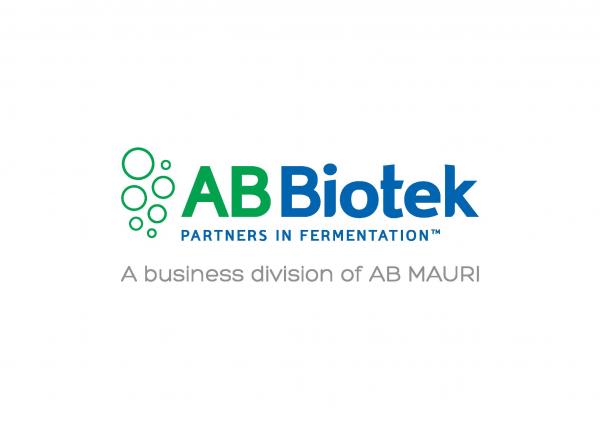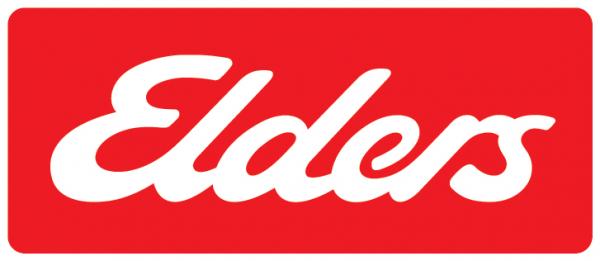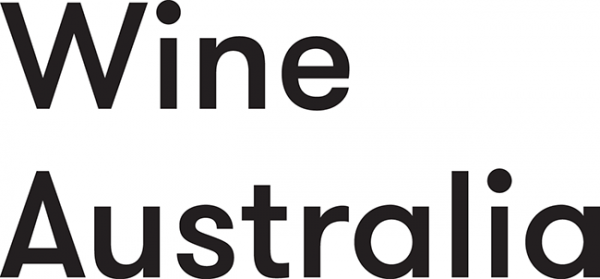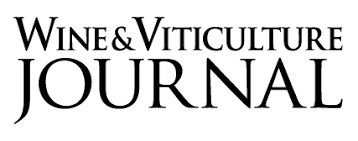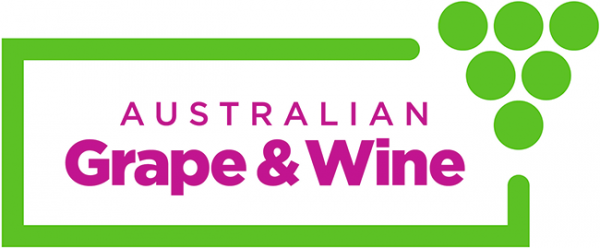| It is well known that the phenolic component of red wine is responsible for important elements of the flavour, mouth feel, and colour of the finished wine. While the origins, concentrations, and chemistries of the phenolics in a finished red wine are well known, the fundamental mechanisms and kinetics of extraction of these phenolics from grape skins and seeds during red wine fermentation are poorly understood and therefore difficult to predict, especially at commercial scale. We completed several years of replicated pilot-scale fermentations at the 120 L scale to illustrate the major impact of temperature and significantly lower impact of cap management practices on phenolic extraction. However, in order to apply these results generally at the commercial scale, it is necessary to understand the heterogeneous physical environment in red wine fermentors, as well as the fundamental chemical phenomena relevant to the extraction process itself. With this understanding, we have begun to develop a mathematical model to predict final wine phenolic profiles as a function of fermentor design, processing choices, and grape characteristics that can be used by winemakers to optimize the phenolic profile for their red wines. The model will have two parts, one to predict the spatial temperature and ethanol profiles throughout the fermentor at any time during fermentation and the other to predict net phenolic extraction from skins and seeds as a function of temperature and ethanol. Together, these two parts will form one model with great predictive value. Experimental results, as well as progress on this modelling and its practical use in a winery setting will be described |
